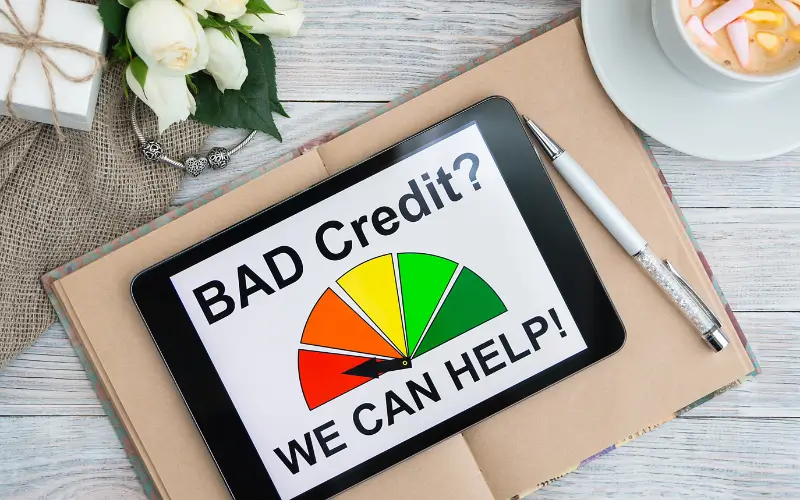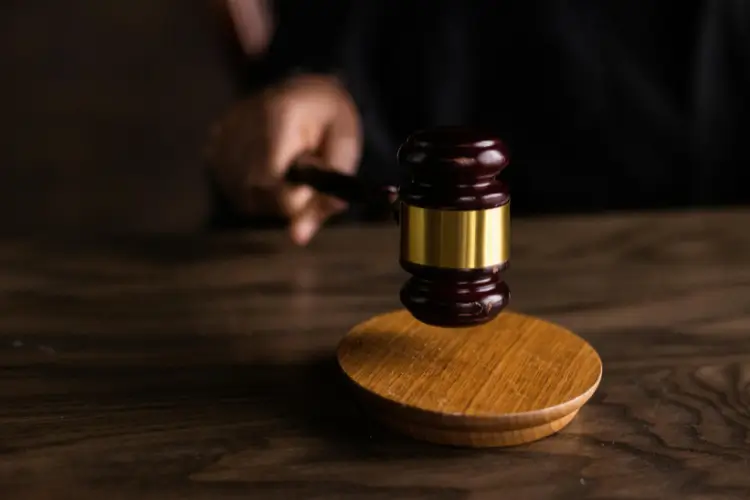When you discover inaccuracies dragging down your score, knowing legal steps you can take to fix credit report errors offers a clear path to reclaiming control over your financial life. Credit files with outdated balances, identity-theft artifacts, or typos can shut the door on mortgage approvals and raise borrowing costs. In Reston, Virginia, local attorneys guide residents through federal rights under the Fair Credit Reporting Act and Virginia statutes designed to shield consumers from these mistakes.
Healthy, credible scores are crucial for standing financially strong in this world of rapid digitalization. Unfortunately, errors with credit reports can hinder your ability to secure loans at fair rates, delay career moves, or stall essential milestones. By gathering evidence, filing disputes, and, if needed, pursuing legal recourse, Reston families can clear their records and lay the groundwork for a more secure tomorrow. This article explores these options and maps each step toward accurate credit reporting.
Tracing the Foundations of Credit Report Mistakes
Errors on credit reports can come from many places, including typing errors, old information, or identity theft. These can harm credit scores, so detecting and rectifying them as early as possible is crucial. It is important to note that common mistakes include Incorrect personal information, incorrect account status, and incorrect credit limit. Realizing these mistakes is the first step in rectifying them.
Obtaining a Credit Report
Access to a credit report is necessary to uncover inaccuracies. If an individual requests, they will get a free report from the three leading credit data collection agencies once a year. Meticulously reviewing these reports can reveal errors that damage creditworthiness. When received, you must inspect every single point to verify its accuracy.
Identifying Errors
After obtaining the credit report, the next necessary step is recognizing errors. Pay attention to things like incorrect name spellings or address changes. Also, check account statuses and ensure closed accounts show up as closed and current balances are accurate. Monitoring each account’s credit limits and payment histories can also uncover discrepancies.
Gathering Evidence
Once you identify discrepancies, you need to collect evidence. Gather proof of inaccuracies—for example, bank statements, payment receipts, or correspondence with creditors. Provide evidence to back up your dispute with the Credit Bureaus. Disputing these errors with the credit bureaus is a necessary step.
Initiating a Dispute
Challenge errors by contacting the Credit Bureau directly. You can do this by sending a formal dispute letter that explains the inaccuracies alongside evidence. Draw attention to every error, say why it is a mistake, and remove/correct it. Enclosing copies of the background documents strengthens the case.
Credit Bureau Investigation
After you file a dispute, credit bureaus initiate an investigation. They must investigate your conflicts within a specific time, usually 30 days. During this waiting time, they contact the data provider to verify the claim. However, keeping a copy of all communication for future reference is advisable.
Resolution and Follow-up
Once the investigation is complete, you will receive the results. On a successful dispute, the credit report gets updated, and the person receives a copy of the revised report free of charge. If the issue is unresolved, you may need further action. Ensure that the report is accurate/reflective of the outcome.
Get Help From A Professional
Correcting credit report errors often requires experts. These agencies specialize in disputing inaccuracies and negotiating with creditors. These consulting experts offer direction and experience, particularly if the disagreement becomes complicated or unresolved.
Legal Recourse
Civil litigation might be needed if credit bureaus do not correct inaccuracies. The Fair Credit Reporting Act (FCRA) protects consumers against these issues, thus enabling them to take legal action if a bureau or information provider violates the rules. Talking to an attorney can help you understand how you would do this, if that’s the direction you need to take.
Preventive Measures
Some of the proper actions you can take can help minimize the number of errors on your credit report. Continual vigilance on credit reports and information security, with a quicker response to suspicious activity, ensures that credit histories remain accurate. Proactively avoiding inaccuracies will keep your financial house in order.
Conclusion
Disputing errors on a credit report requires hard work, persistence, and understanding your legal rights. Knowing the steps in the process allows people to be proactive about their financial reputation, so mistakes do not stand in the way of opportunities. Getting and reviewing reports, disputing items, and getting a lawyer if needed are all vital in your quest for an accurate record. With knowledge and action, you can approach these challenges and create a better financial future.




